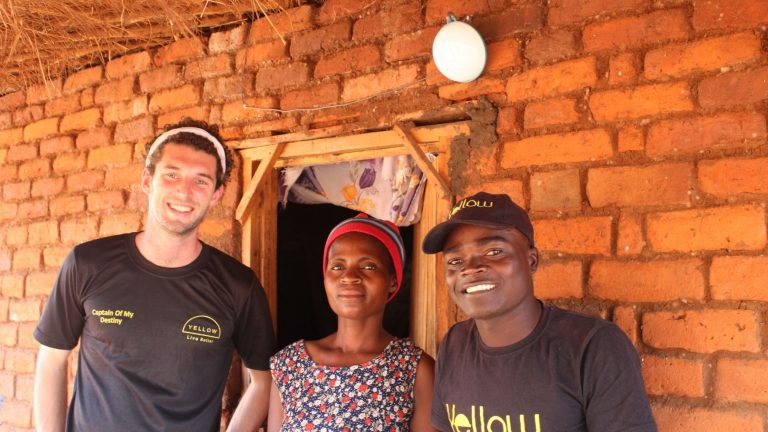Global tech platform Glovo has generated over ₦71 billion in revenue for its Nigerian partners between 2021 and 2024, supported more than 2,200 Small and Medium Enterprises (SMEs), and driven a 55 per cent shift to digital payments since entering the Nigerian market.
The figures were detailed in Glovo’s latest Yellow Effect Report, which showcases the company’s local impact and highlights Nigeria’s central role in shaping Glovo’s future growth strategy. Although the Barcelona-founded platform only entered the Nigerian market in 2021, it has rapidly established itself as a major force in the country’s digital commerce and logistics space.
Founded in 2015, Glovo has expanded from a six-person startup into a global Quick Commerce (Q-Commerce) leader operating in 23 countries and 1,800 cities. Since joining the Delivery Hero Group in 2022, Glovo has fulfilled over a billion orders and facilitated €18.5 billion in partner revenue worldwide.
In Nigeria, Glovo’s local-first approach has enabled over 6,000 businessesincluding restaurants, grocery outlets, and informal traders, to transition into digital commerce. The platform is now active in 11 Nigerian cities, with Lagos alone accounting for more than 70 per cent of all activities.
Glovo’s General Manager in Nigeria, Lamide Akinola, described the report as a story of shared growth: “This report is more than just data; it’s a narrative of partnership. Nigeria has not only embraced Glovo but shaped how we grow, serve, and innovate.”
Nigeria’s Q-commerce sector—the fastest-growing in Africa—recorded a 76 per cent year-on-year growth in 2024, with Glovo helping to redefine digital convenience. The company’s local strategy is anchored in its “Grow, Give, Green” sustainability model. Through this, it has supported thousands of SMEs with digital visibility campaigns, skills development, and access to new revenue streams. Many now attribute up to 25 per cent of their income to Glovo.
Its network of over 2,400 couriers has also benefited significantly. Many riders reportedly earn two to three times the national minimum wage and have access to financial literacy and upskilling programmes. In 2024 alone, 80 Nigerian riders completed Glovo’s financial literacy training.
Glovo has also played a significant role in accelerating Nigeria’s shift toward cashless transactions. Between 2021 and 2024, digital payments on the app rose by 55 per cent, driven by partnerships with local fintech platforms such as Paystack and Salad Africa.
Beyond business, Glovo is using its platform for social impact. In 2024, it donated over 4,100 meals to underserved communities and collaborated with NGOs to tackle food insecurity. That same year, its Women in Tech initiative—run in partnership with SheCode Africa and the Lagos State Government trained 100 Nigerian women in coding, business development, and platform economics.
“From ₦71 billion in partner revenue to the 55 per cent growth in cashless transactions, the numbers reflect a bigger truth: tech works best when people are at the center,” said Glovo Nigeria’s Head of Growth, Reni Onafeko.
Glovo’s co-founder and CEO, Oscar Pierre, emphasized the platform’s transformative role in everyday living, stating, “What once seemed like a dream getting anything delivered within minutes has become a daily habit and a basic need.”
Looking ahead, Glovo reaffirmed its long-term commitment to the Nigerian market, pledging continued investments in Q-commerce innovation, SME empowerment, rider welfare, and community development.










